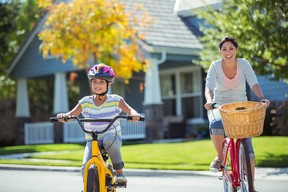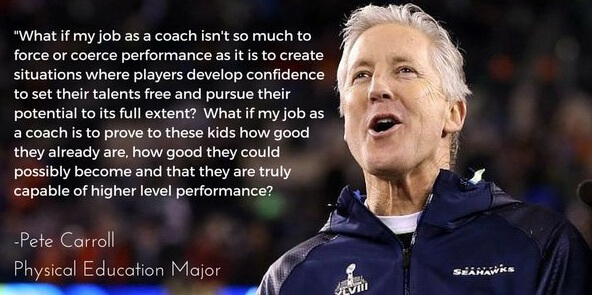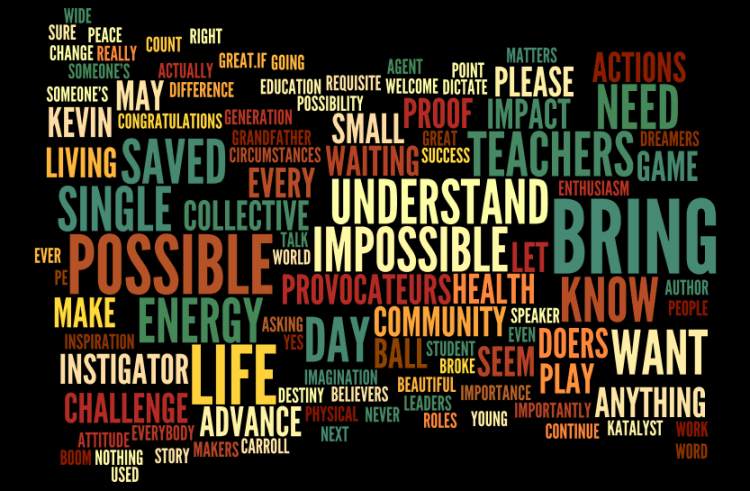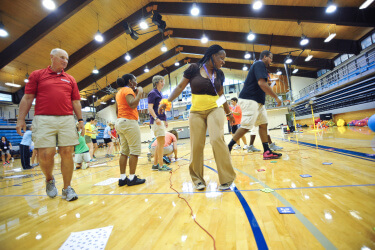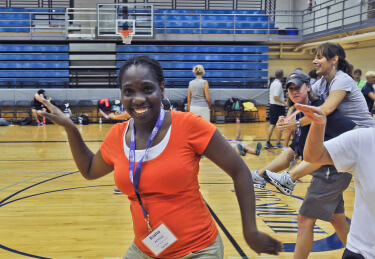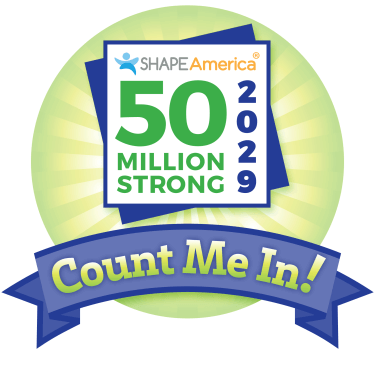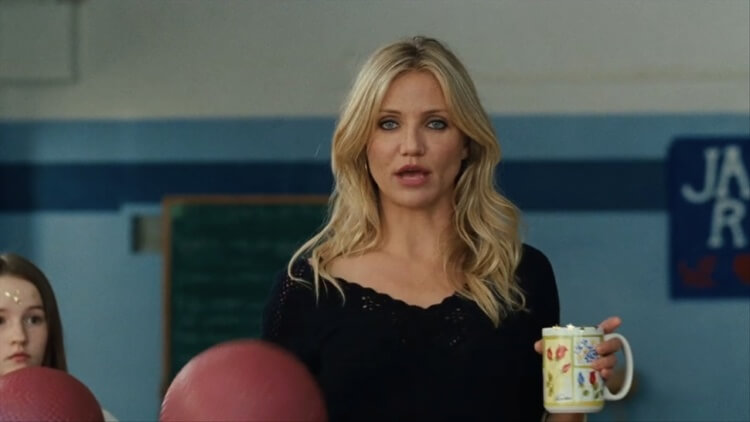That’s right, you read it correctly. I want to become obsolete – over and over and over again! Now let me explain myself. I teach in an elementary building that houses grades K-4. Our middle schools run from 5th to 8th grade and our High School holds grades 9-12. I want to present my material in such a way that when my students “graduate” from my building, they don’t need me anymore. I want them to know everything that they possibly should to be able to do but especially the following two things: First, I want them prepared to go into their summer vacation able to be physically active 10-year-old individuals. Second, I want to empower them to return to school in September armed with everything they need to be able to build on their skills and knowledge in our middle school physical education curriculum.

I’ve realized I need to keep both the short term and long term in mind when I plan and teach my lessons. In the short term, I need to ask if I am teaching them the skills they’ll need to be able to enjoy being active on their own? I don’t want to create basketball players, soccer players or any other kind of “player.” Rather I want to teach my classes to enable my students to feel comfortable and enjoy using a basketball, soccer ball, or any other kind of equipment; either on their own, or with their friends. Have I taught them how to organize and play something that they made up themselves? Do they know how all of those skills I taught them can fit into something fun to do?
If I were to see one of my students at a playground over the summer with a ball, I’d hope to see them enjoying themselves using it. Maybe they are shooting baskets with their dad, or mom? Maybe they are bouncing the ball as high as they can and trying to catch it? Maybe they are seeing how far or how high they can kick it? If they don’t have anything with them, I hope I would see them creating something constructive and fun to do. Maybe climbing on a playground structure, or a nearby tree? Maybe having fun running and chasing each other? How about something like asking their mom if they can ride bikes together? What I hope I don’t see them doing is sitting still, all by themselves.
